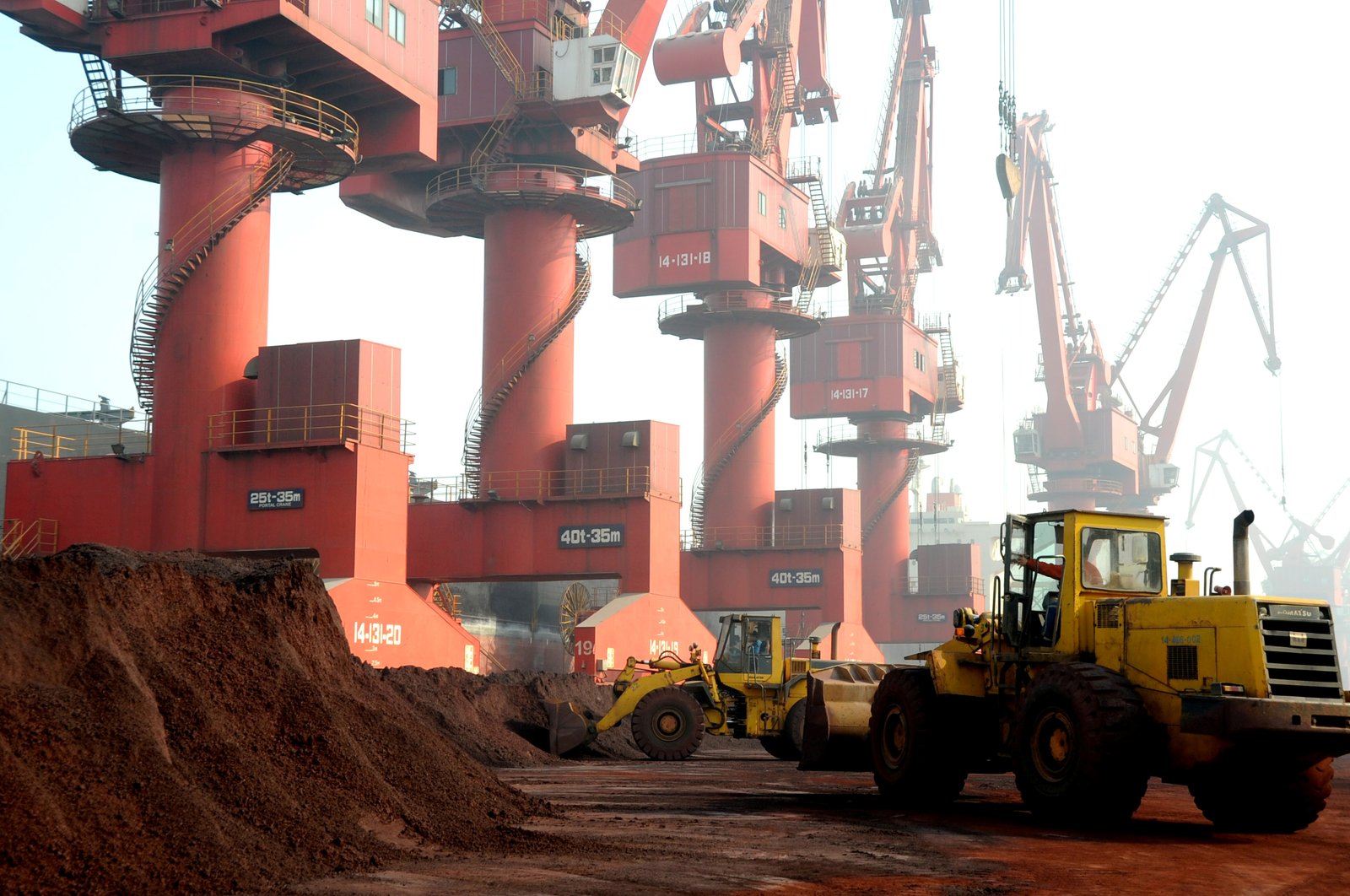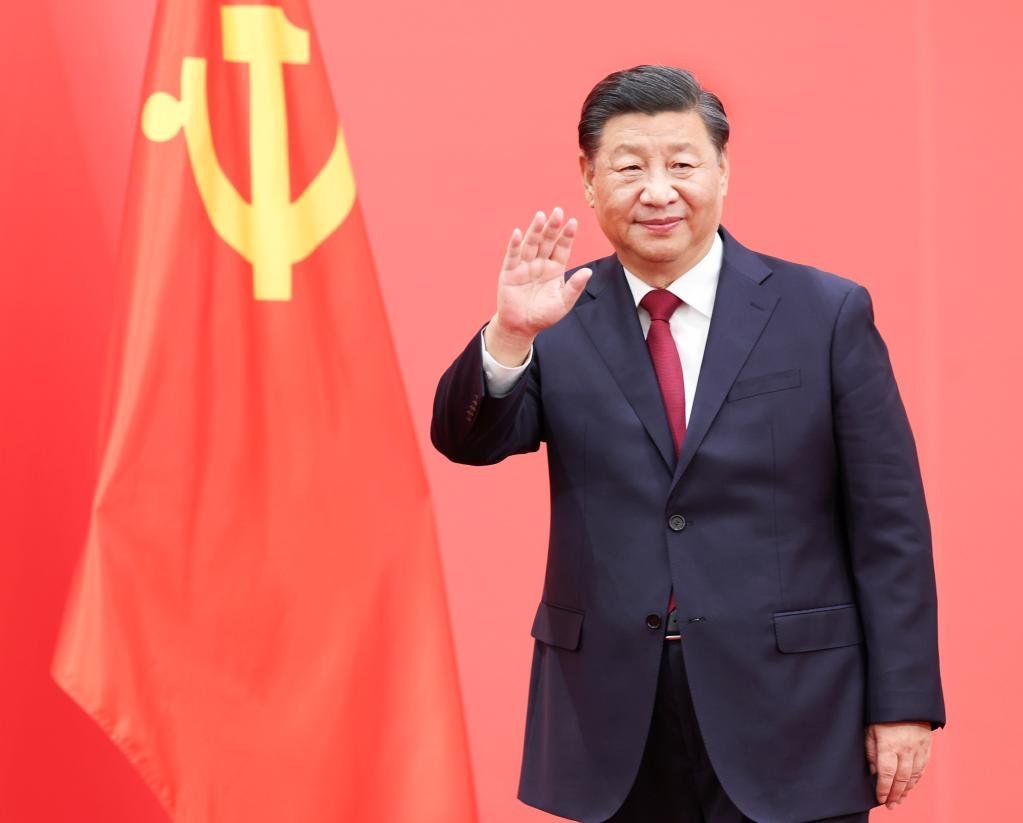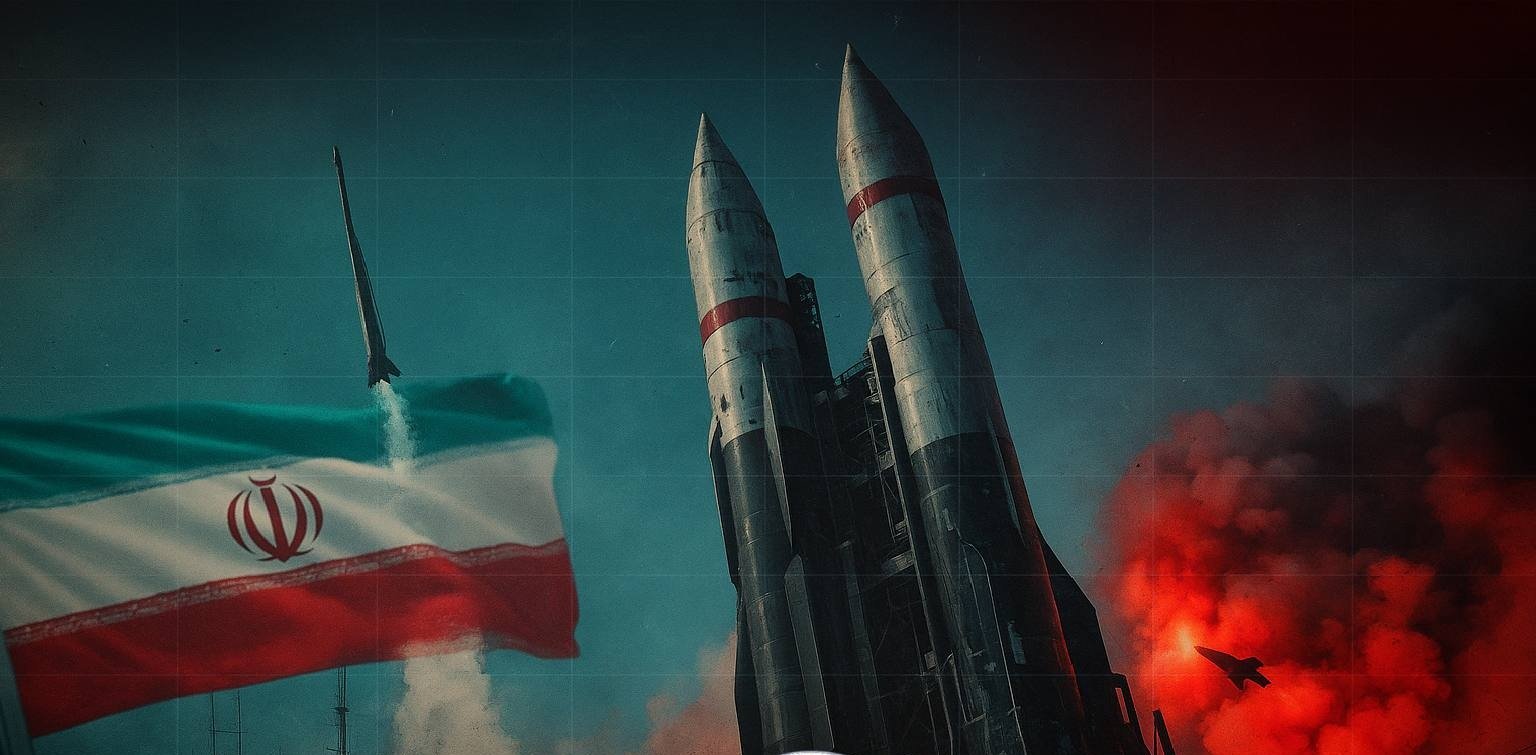By Ramesh Gurung • Frontline • Oct 11, 2025 14:29 PM • 76 views

Beijing, October 2025 — China’s government has rolled out new export control rules on rare earth elements (REEs) and related technologies, with specific provisions targeting defence and semiconductor applications. These measures — part of China’s growing emphasis on leveraging its dominance in critical materials for geopolitical advantage — are already sending ripples through the defence industries in the United States and Europe.
What Has Changed
China now requires licences for exports of certain rare earths, magnets, and related technologies, especially where defence use or semiconductor production is involved.Foreign defence users will be denied licences under many of the new rules.Chinese firms are prohibited from collaborating abroad on rare earth and magnet‐manufacturing or processing technologies without prior approval.

Impacts on the U.S. Defence Sector
The U.S. defence industry depends heavily on China for refined rare earth materials, especially “heavy” REEs like dysprosium, terbium, and others, which are used in jet engines, missiles, precision sensors, and advanced guidance systems. With licensing and export restrictions, delivery of key materials can be delayed, driving up costs and risking halts in defence manufacturing projects. Even existing stockpiles may not suffice for extended supply disruptions.
Strategic and Technological Gaps As China holds near-monopoly status in refining many of these REEs, the U.S. faces a long lead-time before it can scale up sufficient domestic or allied capacity. Until then, some advanced defence capabilities may lag, especially where alternative materials are less effective or more expensive.
Acceleration of Policy and Investment Responses The U.S. is expected to intensify efforts on the Critical Minerals strategy, boosting mining, refining and recycling efforts, possibly incentivizing “friend-shoring” of supply chains with trusted allies.
Impacts on the EU Defence Sector High Dependence & Indirect Exposure The EU relies on China both directly and indirectly for rare earths and components that incorporate them. Even when materials are imported via intermediaries, many upstream dependencies (mining, refining) are Chinese.
Cost Inflation and Production Disruptions Defence contractors in Europe may face sharp increases in cost for REEs or magnets, delays in supply, and potential disruptions to projects — e.g. for missiles, radar, electronic warfare systems — that use these materials. Manufacturing lines using rare earth magnets for actuators, sensors, etc., may sufferCircular Intelligence Association
Pressure to Develop Strategic Autonomy Policies like the EU’s Critical Raw Materials Act are likely to be accelerated. There is growing political pressure for Europe to secure, diversify or develop its own sources, invest in downstream capabilities (refining, magnet manufacturing), and improve recycling to reduce reliance on China.
Potential for Security and Defence Capability Gaps Where military systems require specific rare earths for high performance, Europe may find itself constrained or needing to source from limited non-Chinese suppliers. Shortages could affect readiness, or force adoption of less optimal technologies.
Broader Strategic Consequences Geopolitical Leverage: China’s control over rare earths becomes a tool of statecraft. The export restrictions increase Beijing’s bargaining power in trade or broader diplomatic negotiations.
Global Supply Chain Shifts: Companies may reconfigure supply chains, prefer non-Chinese sources, increase stockpiles, or invest in recycling. These moves may take years and involve high costs.
Technological Innovation Pressure: There may be accelerated R&D toward REE substitutes, or to reduce dependence on REEs in certain applications. But such substitution often has trade-offs in performance or durability.
 Challenges & Uncertainties
Challenges & Uncertainties
Implementation of Controls — The precise ways China will enforce licensing, how strictly it will deny requests, or which companies / countries will be grandfathered or get allowances, remain uncertain.
Time Lags — Building up alternative supply, processing, refining, etc., takes time — geological, environmental, regulatory and economic hurdles are significant.
Cost vs Strategic Benefit — The EU and U.S. may face trade-offs: paying more for securing supply vs tolerating some risk; environmental costs of mining vs geopolitical risk.
The U.S. and EU are likely to respond with a combination of diplomatic efforts, investment in domestic capacity, alliances with resource-rich countries, and regulation and standards to encourage supply chain transparency and resilience.
Defence procurement policies may change: favouring suppliers with more secure or diversified rare earth supply, possibly requiring “clean-chain” or “non-Chinese-controlled” materials.
Potential for reshaping the global rare earth market: with new entrants, increased upstream investment, more recycling, and greater interest in substituting or reducing reliance on the hardest-to-obtain rare earths.
China’s tightened export controls on rare earths pose a serious risk to the defence sectors of the U.S. and EU. With crucial components for modern military hardware reliant on materials it largely controls, the potential for supply disruptions, cost escalations, and capability shortfalls is real. The response from Western governments will likely involve strategic planning, investment, and shifts in procurement policy — but the lead time is long, and the vulnerabilities are acute.
Tags:



